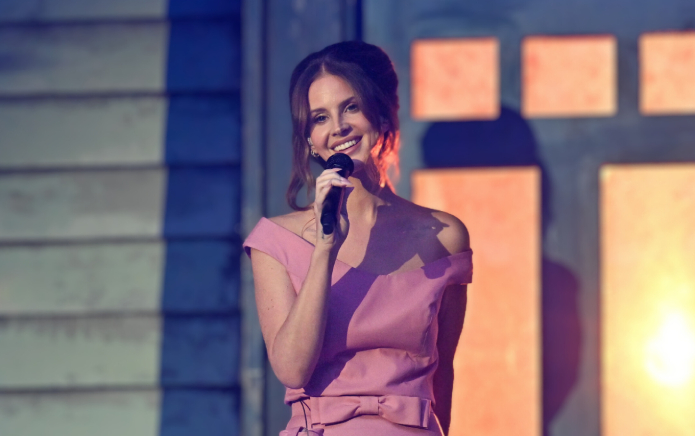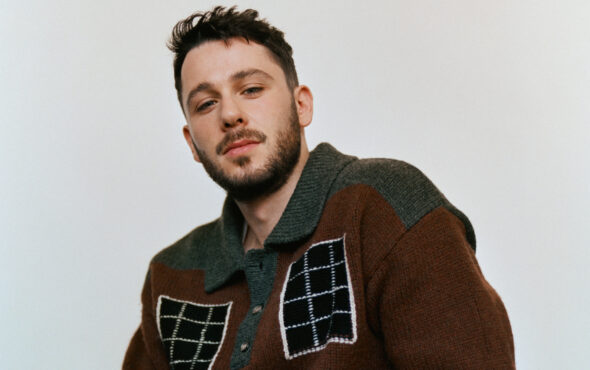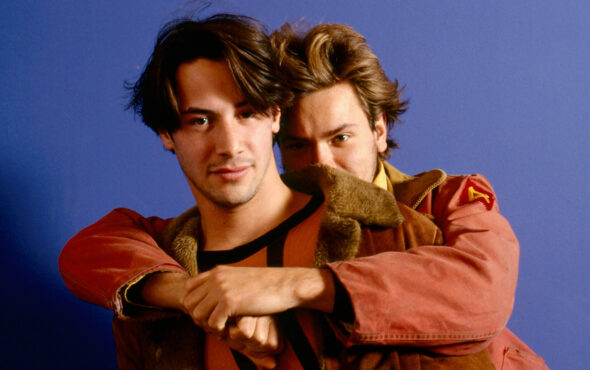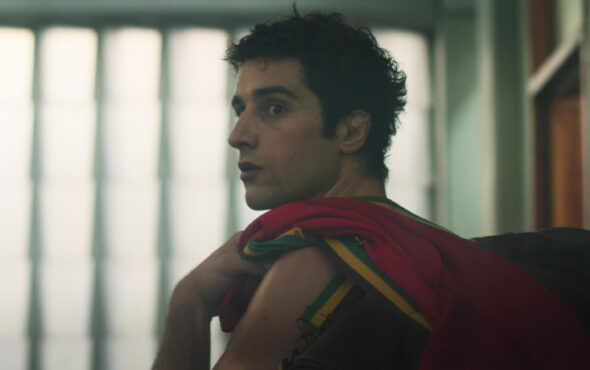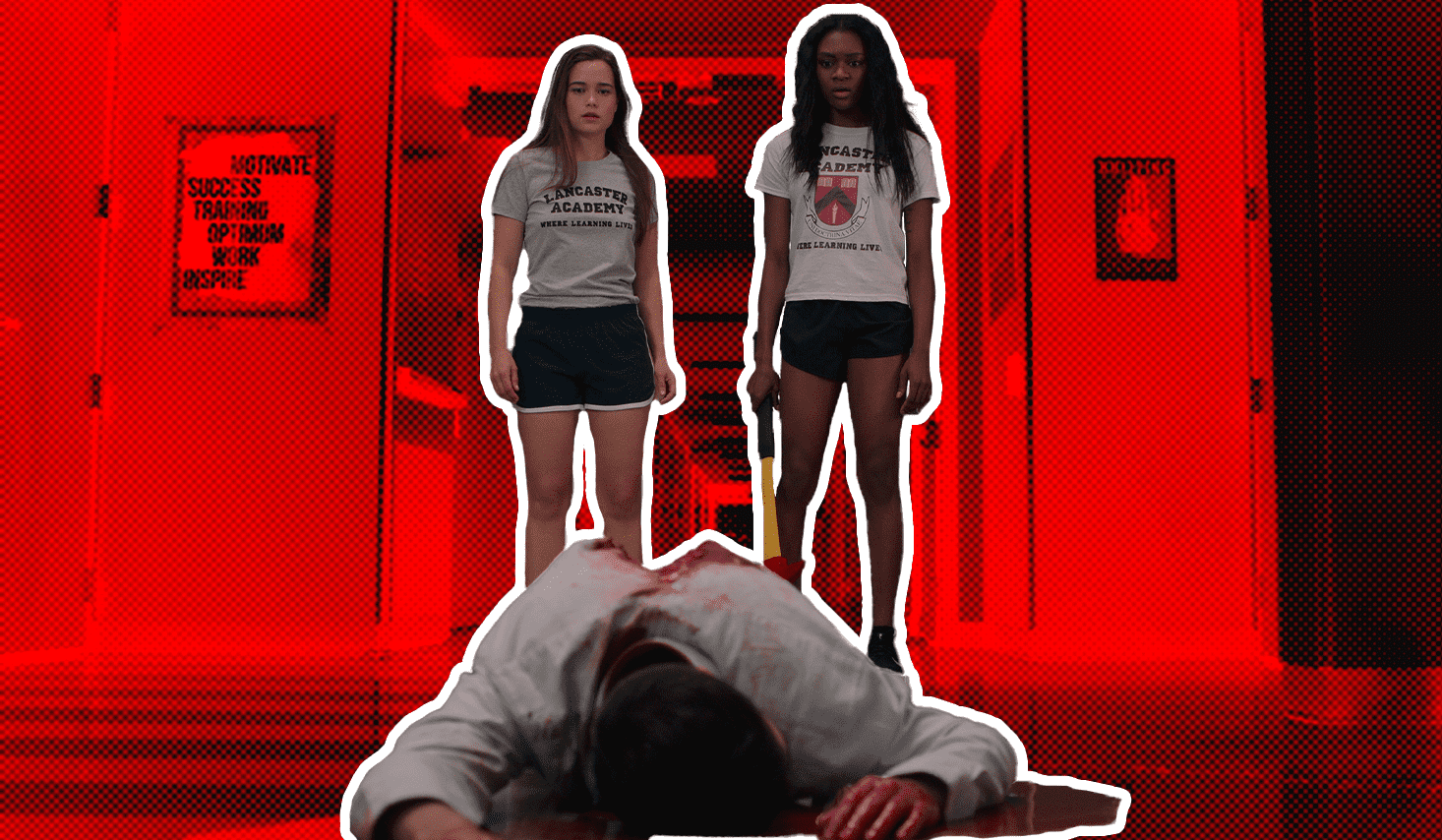
As queer people, we’re very used to the few shows that tell our stories being cancelled by TV executives. Gentleman Jack, One Day At A Time, Sense8, Faking It, Wynonna Earp are just some of the casualties that spring to mind.
This trend is a tragic running joke. Like the trope, showrunners will kill their gays and then cancel the show while they are at it.
It is perhaps for this reason that the cancellation of First Kill incensed the LGBTQ+ community so deeply.
Despite the fact the show was cheesy, predictable and just a little bit cringe, the social media outpouring was palpable: queer people were incredibly upset this trashy little show was no more after just one season.
Netflix’s First Kill is a supernatural teen drama series created by Victoria Schwab, based on her short story of the same name.
The lead narrative of First Kill focuses on the burgeoning romantic relationship between Juliette and Calliope and the ways their warring families try to keep them apart. A star-crossed lovers tale if there ever was one.
The series follows Legacy vampire Juliette who needs to make her first kill in order to take her place amongst her powerful matriarchal family.
At the same time, Juliette sets her sights on the new girl in town, Calliope, who just turns out to be a skilled monster hunter trained her whole life to kill supernatural beings just like Juliette. What are the chances!
The anger of the queer community was not without reason as the show was streamed for 30.34 million hours globally during its first three days on Netflix – more than Heartstopper, which has already been renewed for two more series.
First Kill’s cancellation did not seem to make any sense, how could it receive such high viewing figures and still get scrapped by Netflix?
The social media outcry shows there is a huge hunger for ridiculous trash TV a la Riverdale style that has queer characters and their stories at the centre of the narrative.
While it is great to see queer stories given the high aesthetic treatment in other media – Ammonite, Call Me By Your Name and Portrait of a Lady on Fire, for example – there are only so many longing looks and fleeting touches across wind-swept moors and sultry meadows I can take before they all blur together.
Queer people aren’t always battling with their inner desires in the midst of an artistic backdrop. We can just exist.
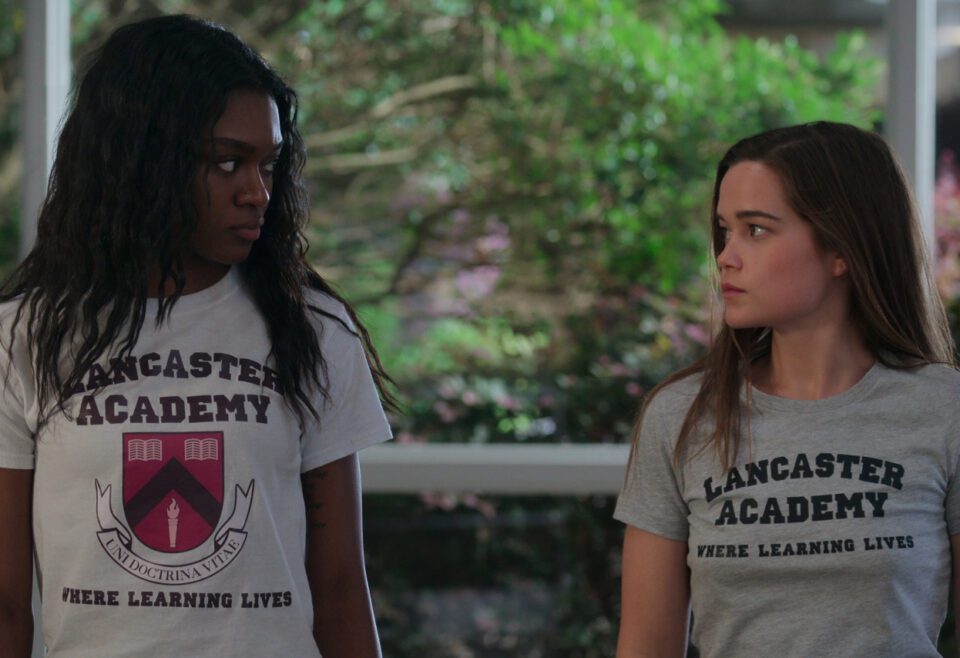
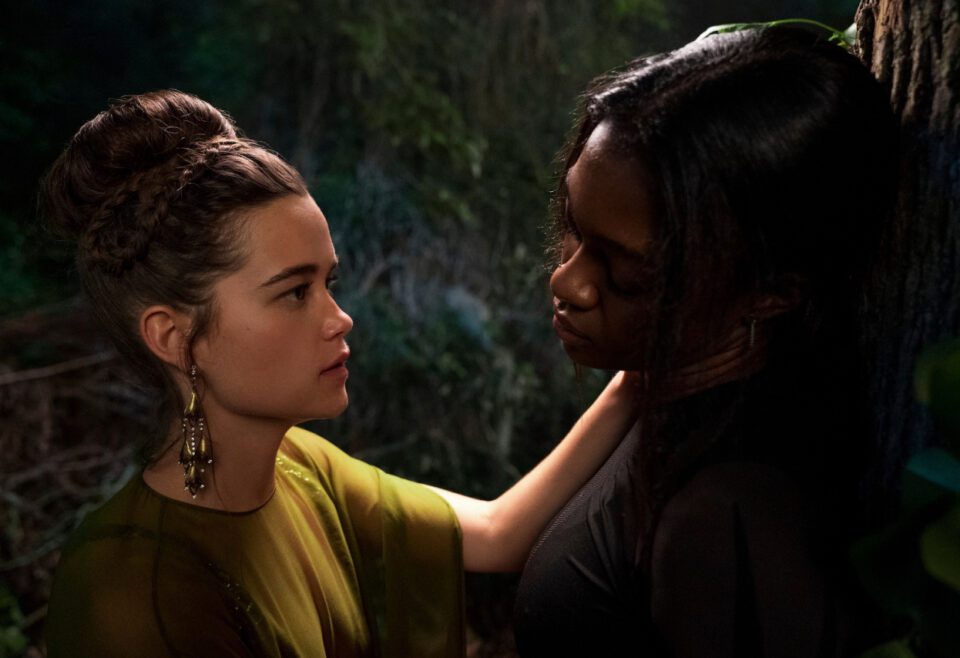
I – like many others – want to watch a cheesy vampire romance such as First Kill where the two leads just happen to be girls.
The issue the characters’ families have with their relationship is not the fact they are the same gender but that one is a vampire and other is a hunter trained to kill said vampire. An understandable parental response really.
In 2022, it should not be revolutionary for queer people to be the centre of a story, without their queerness necessarily being the story.
At one time, including LGBTQ+ people in a story meant they had to have a dramatic coming out moment, where their friends and family expressed their love and support for the character.
As queer representation burgeoned, this was a really important way for non-LGBTQ+ to see our lives and struggles as valid and meaningful. However, we have moved on from that being the only representation and it perhaps goes without saying that the lives of queer people exist beyond a coming out moment.
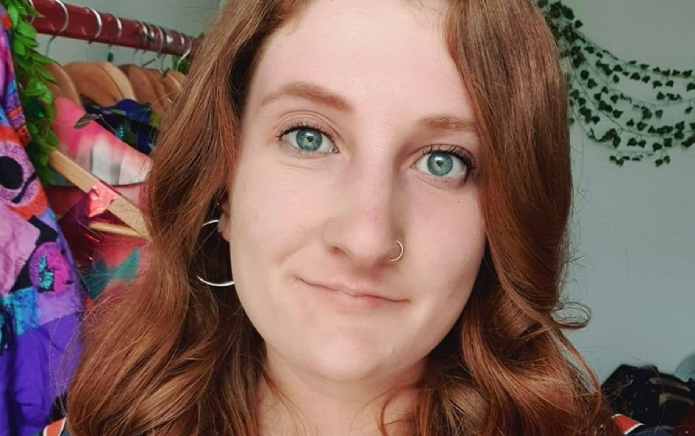
I want to see cheesy Christmas films about a grouchy queer person rediscovering their love of the holiday season. I want to watch Halloween slashers with absolutely terrible CGI and effects. I want to watch supernatural dramas about all manner of paranormal creatures.
I want all these stories to just happen to have queer people at the heart of the narrative because we do not need a reason to exist or there does not need to be a justification in the plot for us to be there. We can just be.
The cancellation of First Kill will eventually become another TV show on a listicle of queer media we have lost. The outcry across social media speaks to a wider trend however – one TV executives should listen to. Give us the chance to enjoy some trashy TV too.
Sophie is a volunteer with Just Like Us, the LGBT+ young people’s charity. They need LGBT+ volunteers aged 18-25 to speak in schools – sign up now.
